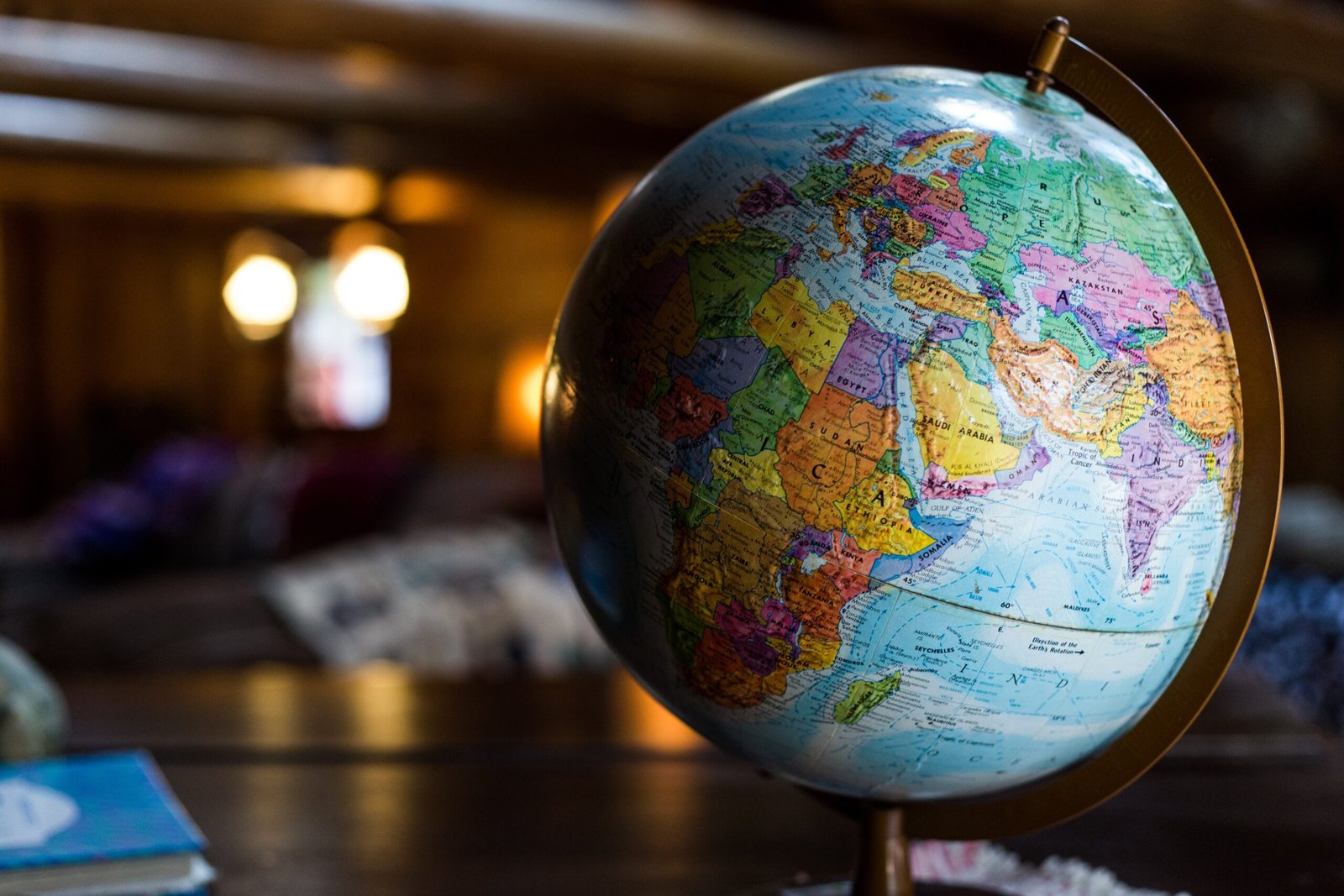The world of international trade is undergoing significant changes as globalization continues to shape the global economy. The interconnectedness of nations and the flow of goods, services, and capital across borders have been key drivers of economic growth and development. However, recent geopolitical events and technological advancements have sparked a reevaluation of the traditional models of international trade.
The Rise of Protectionism
One of the most significant shifts in the landscape of international trade is the rise of protectionism. Protectionist policies, such as tariffs and trade barriers, aim to shield domestic industries from foreign competition. While protectionism can provide short-term benefits to certain industries, it can also lead to higher prices for consumers and hinder overall economic growth.
The recent trade tensions between major economies, such as the United States and China, have highlighted the growing concerns over protectionist measures. These tensions have resulted in the imposition of tariffs on a wide range of goods, impacting global supply chains and raising uncertainties in the business environment.
The Digital Revolution
Another factor reshaping international trade is the digital revolution. The advent of the internet and advancements in technology have transformed the way goods and services are produced, distributed, and consumed. E-commerce platforms have enabled small businesses to reach global markets, bypassing traditional trade barriers.
Digital trade has also facilitated the growth of services exports, such as software development, digital marketing, and online consulting. The ability to deliver services remotely has opened up new opportunities for businesses and professionals, transcending geographical boundaries.
Emerging Markets and Regional Integration
Emerging markets are playing an increasingly important role in the global economy. Countries such as China, India, Brazil, and Mexico have experienced rapid economic growth and are becoming major players in international trade. These emerging markets offer new markets for exporters and attract foreign direct investment.
Regional integration initiatives, such as the European Union and the Association of Southeast Asian Nations (ASEAN), have also reshaped the global trade landscape. These regional blocs promote economic cooperation, reduce trade barriers, and facilitate the movement of goods, services, and capital within the region.
Sustainable and Ethical Trade
There is a growing demand for sustainable and ethical trade practices. Consumers are increasingly conscious of the environmental and social impact of the products they purchase. This has led to the rise of certifications and standards, such as Fairtrade and organic labeling, which ensure that products meet certain environmental and social criteria.
Companies are also recognizing the importance of corporate social responsibility and are integrating sustainability into their supply chains. This shift towards sustainable and ethical trade is not only driven by consumer demand but also by regulatory requirements and the need to mitigate reputational risks.
The Future of International Trade
As the landscape of international trade continues to evolve, it is essential for businesses, policymakers, and stakeholders to adapt to these changes. Embracing digital technologies, exploring new markets, and adopting sustainable practices will be key to navigating the shifting global trade landscape.
Collaboration and dialogue between nations are crucial for addressing the challenges posed by protectionism and promoting a more inclusive and balanced global trade system. By working together, countries can ensure that the benefits of globalization are shared more equitably and that the global economy remains resilient in the face of uncertainty.
In conclusion, the shifting landscape of international trade reflects the dynamic nature of the global economy. While protectionism and geopolitical tensions pose challenges, technological advancements, emerging markets, and sustainable trade practices offer opportunities for growth and development. By embracing these changes and fostering cooperation, nations can navigate the evolving global trade landscape and build a more prosperous future.


































